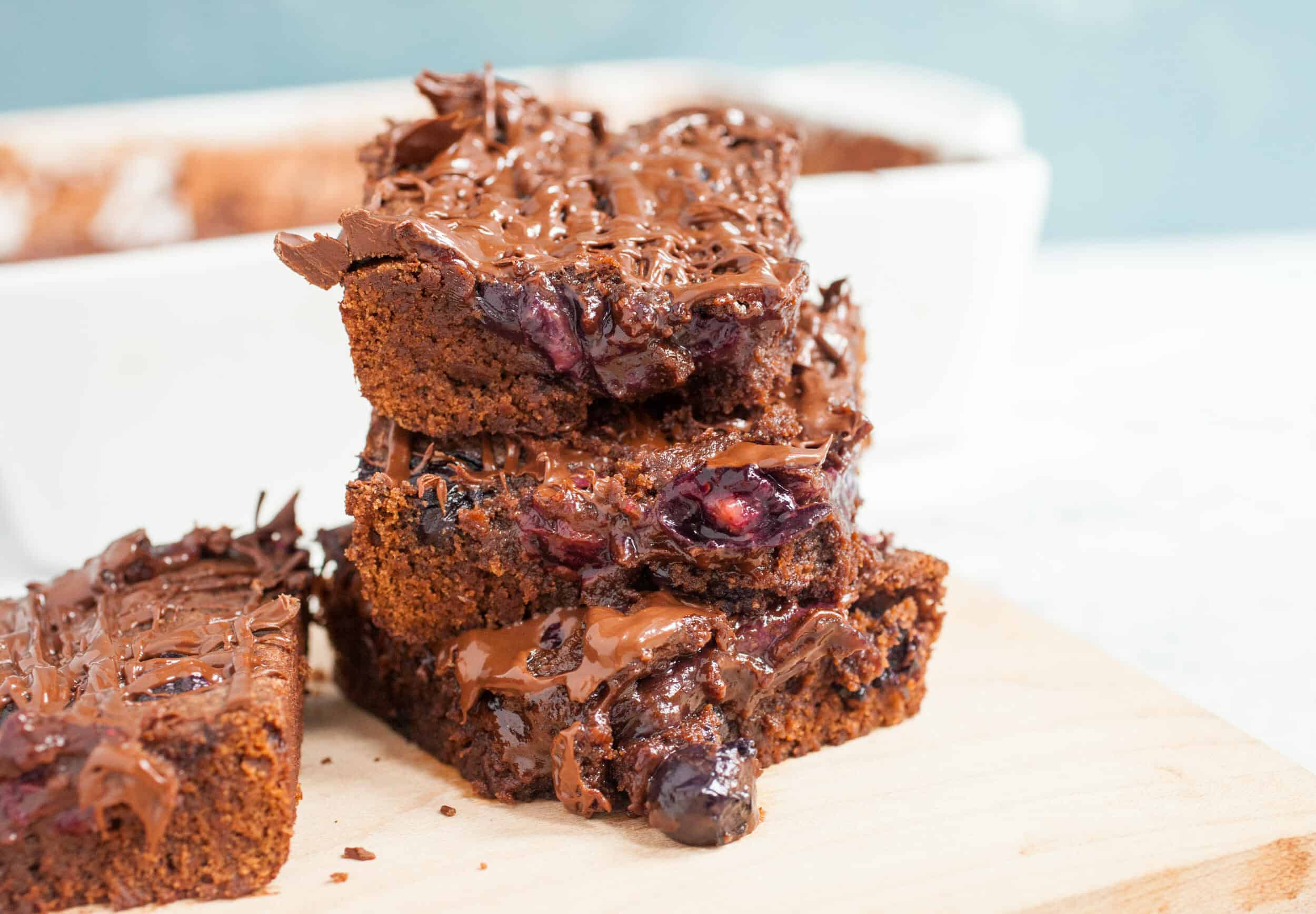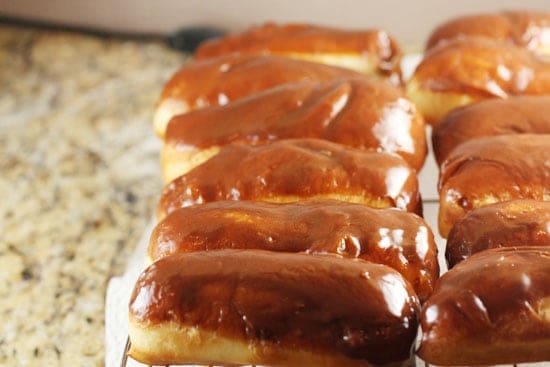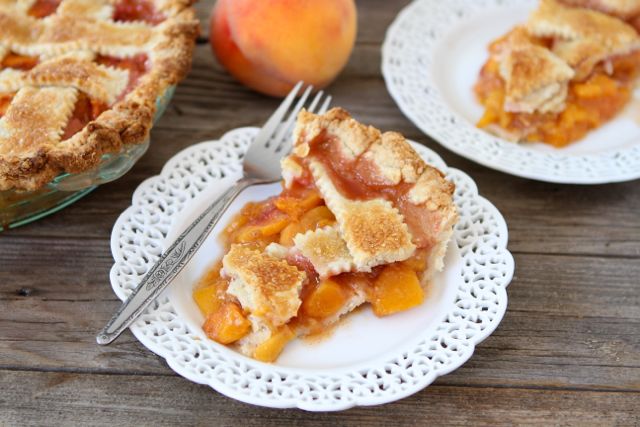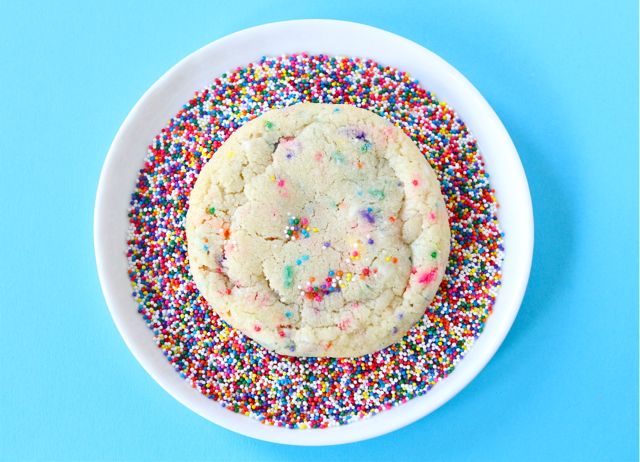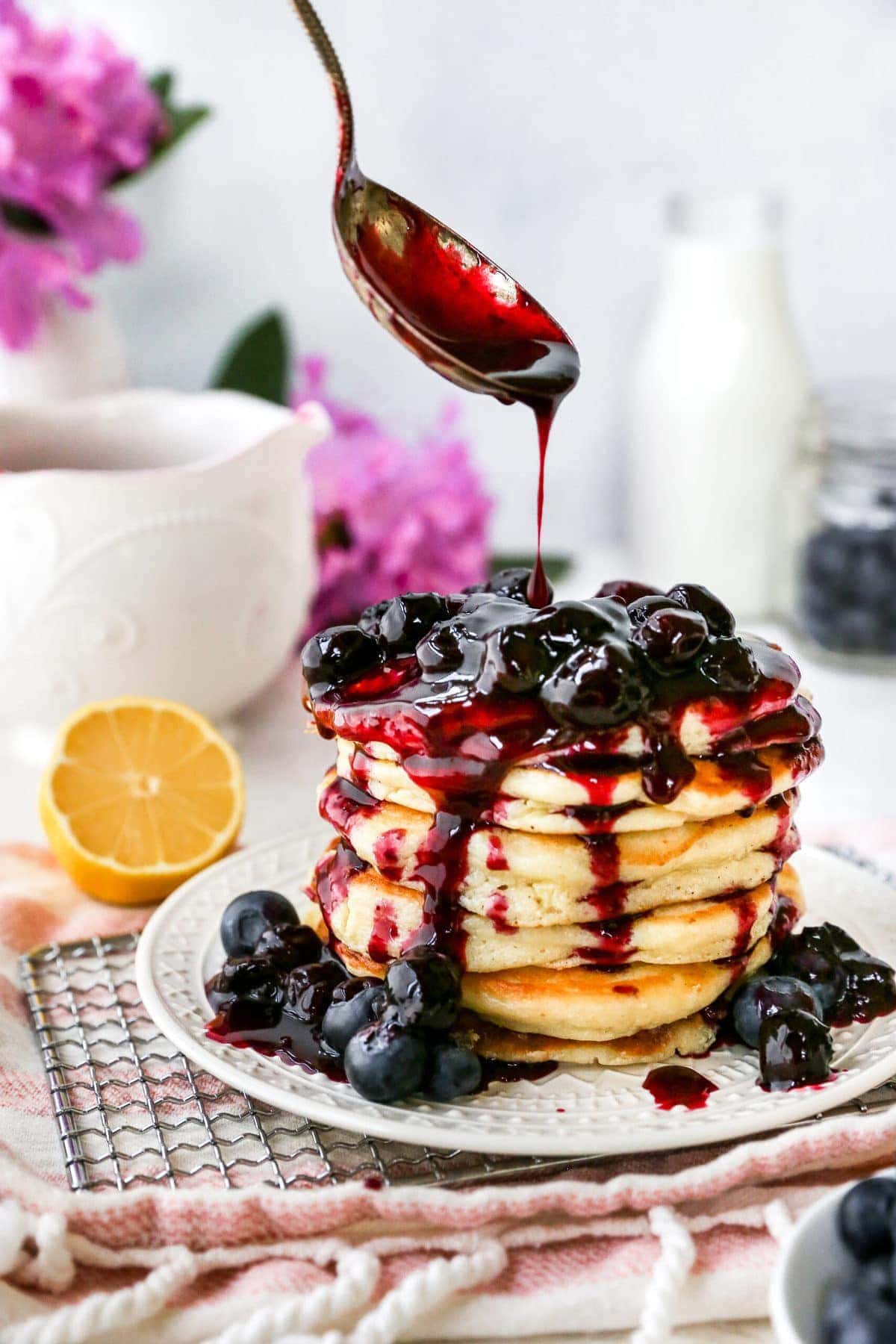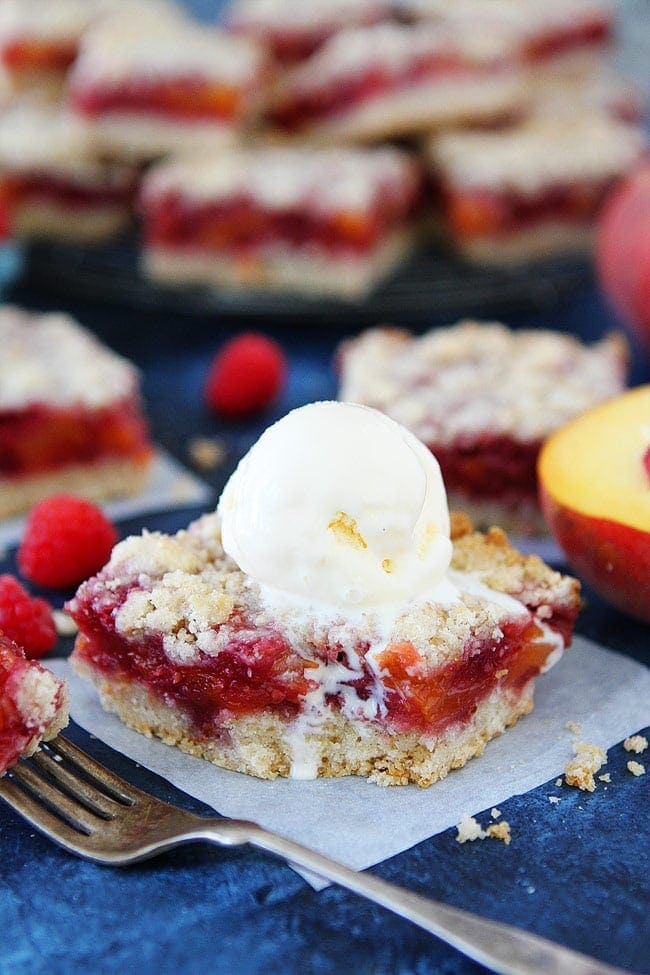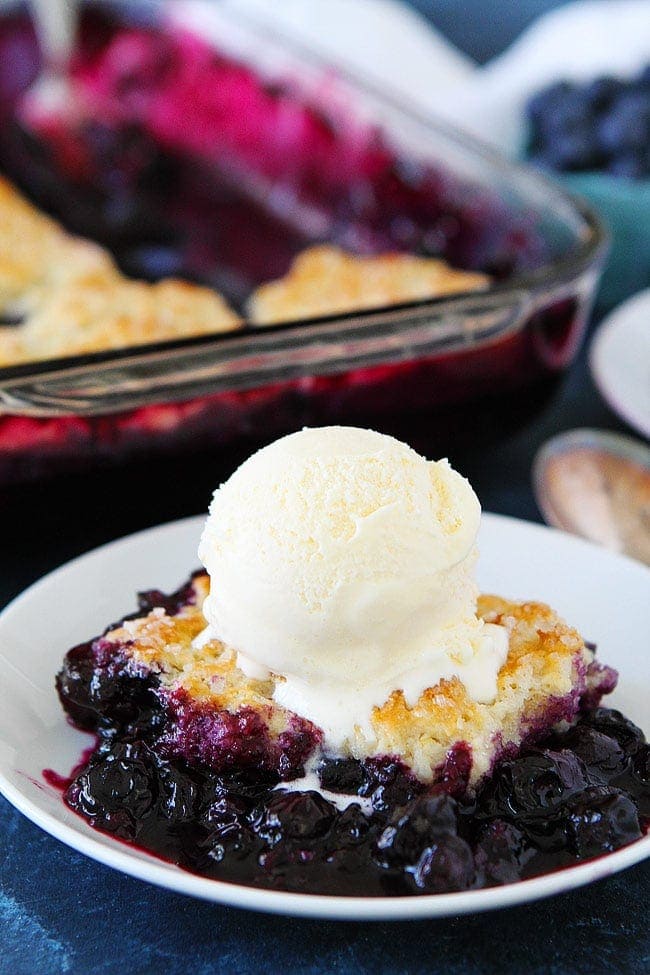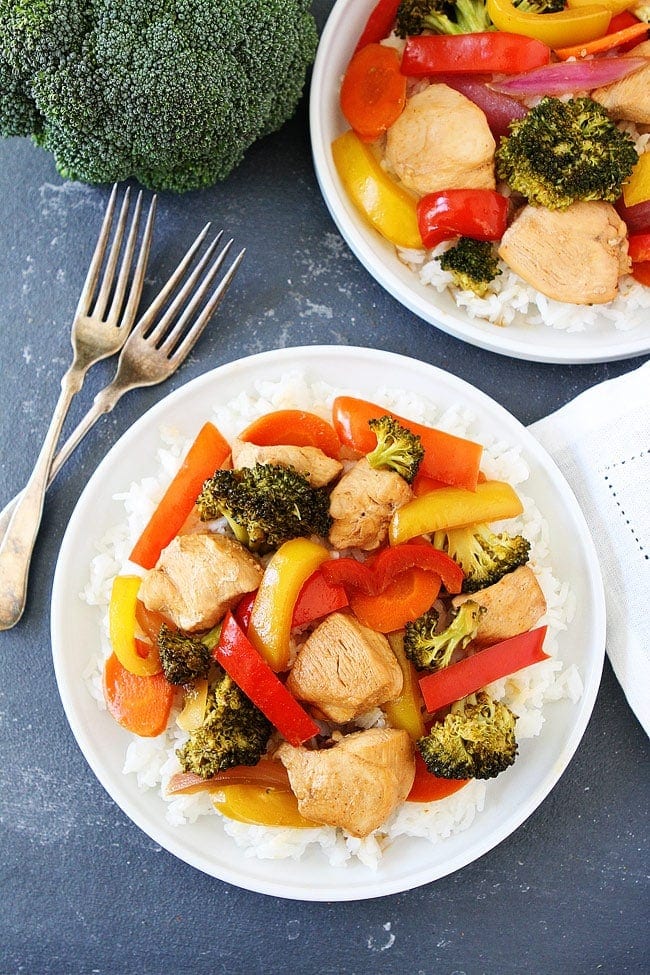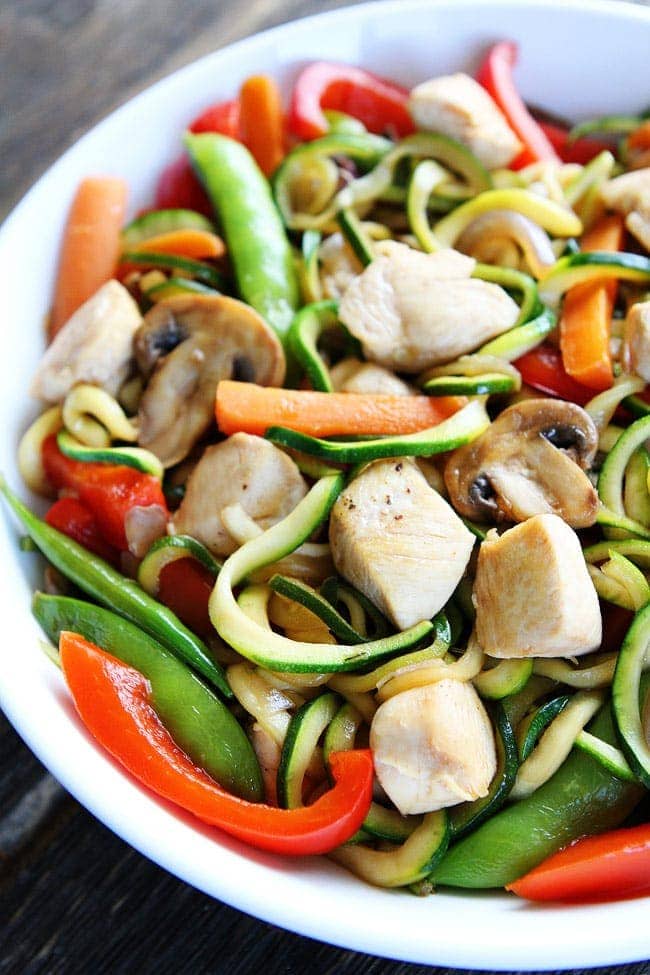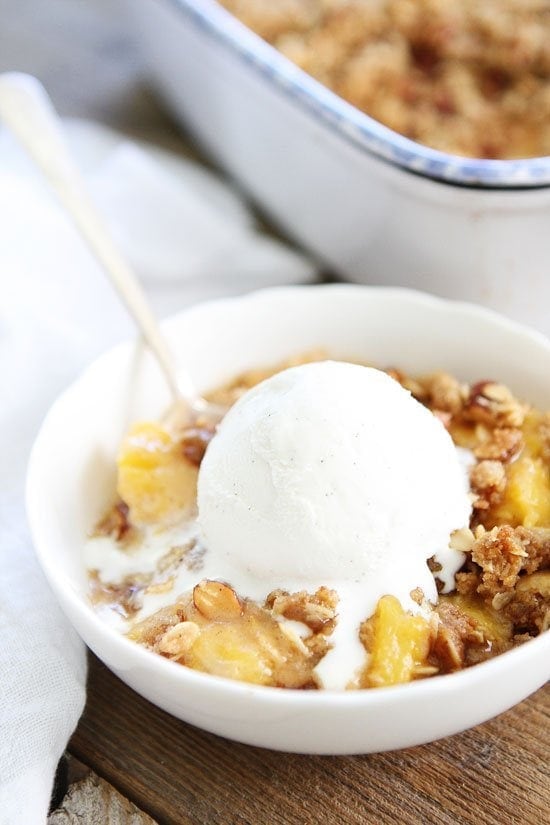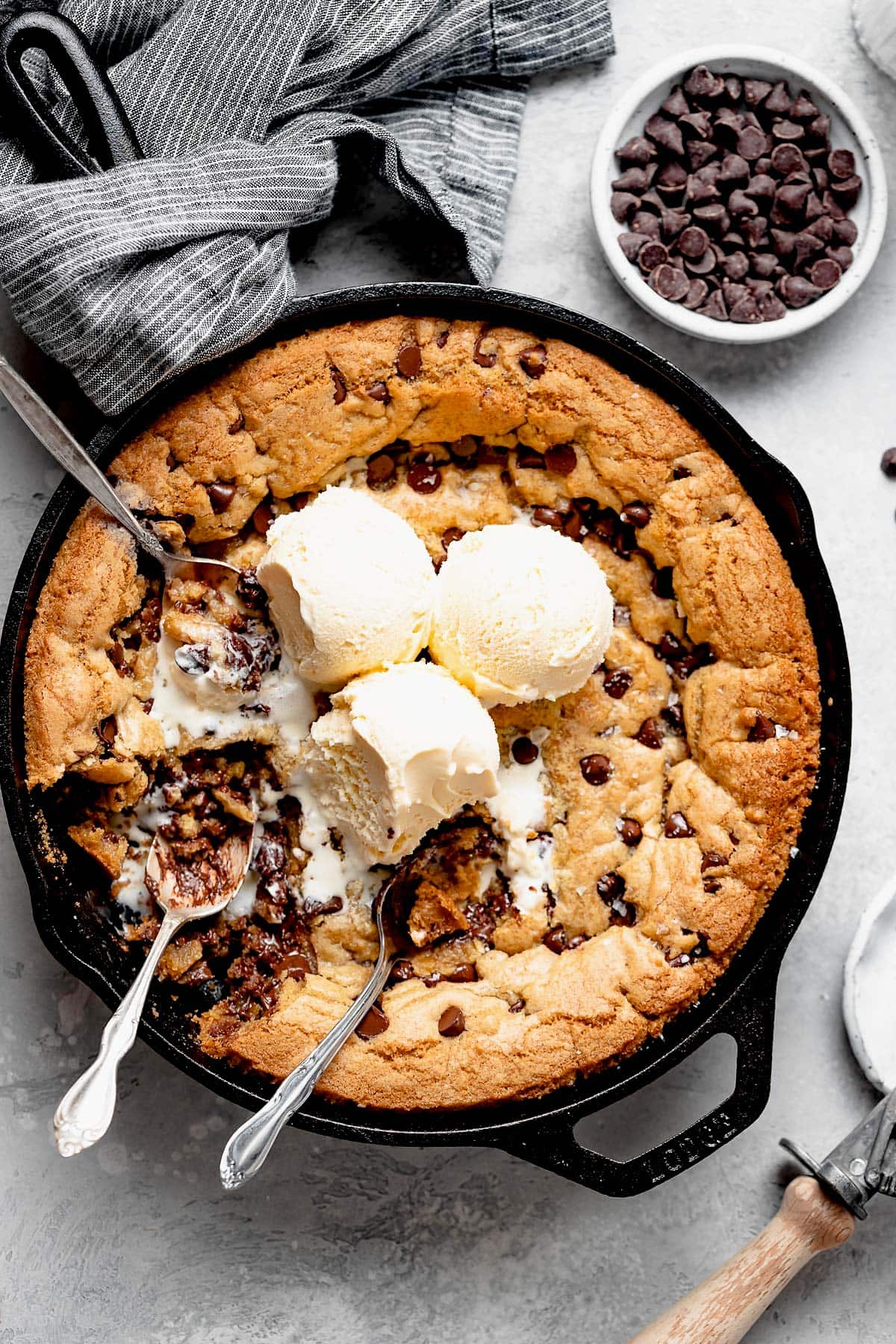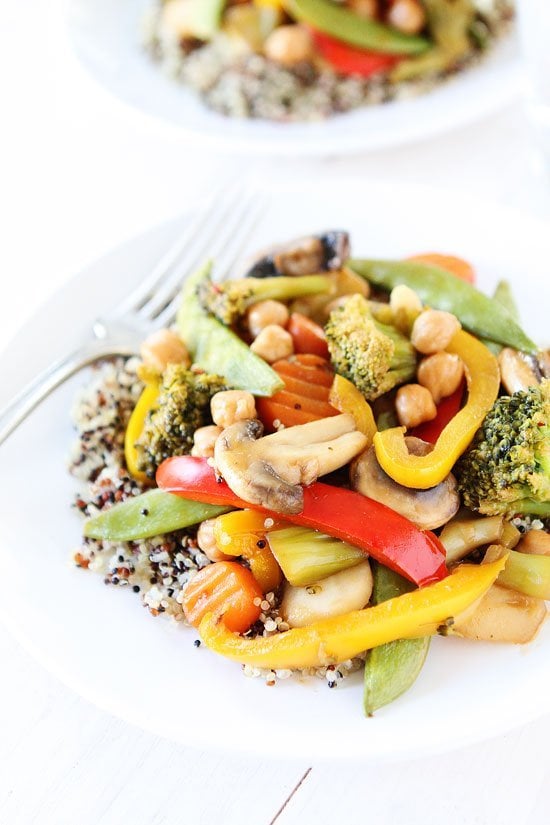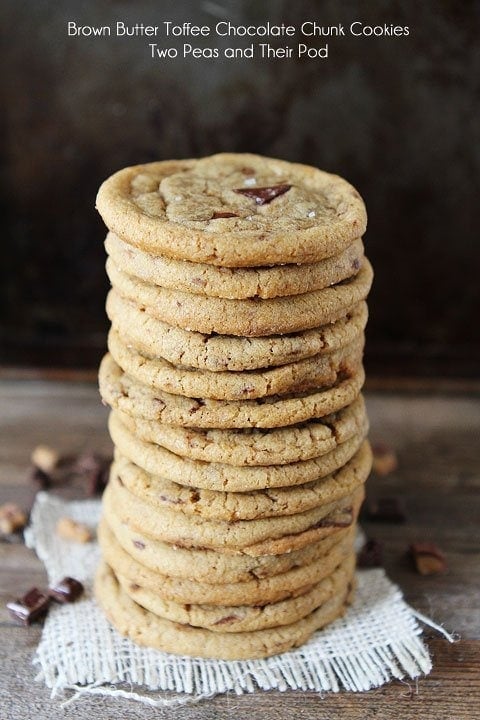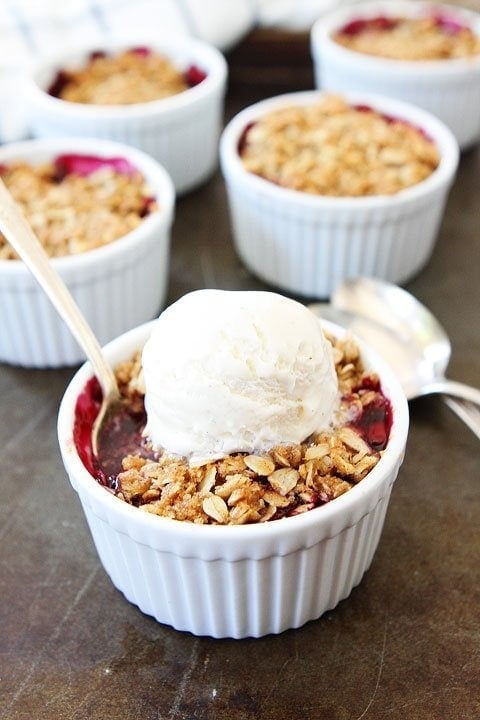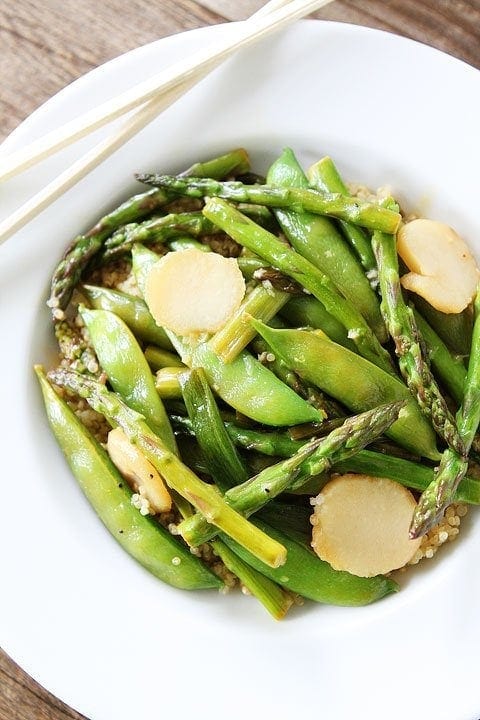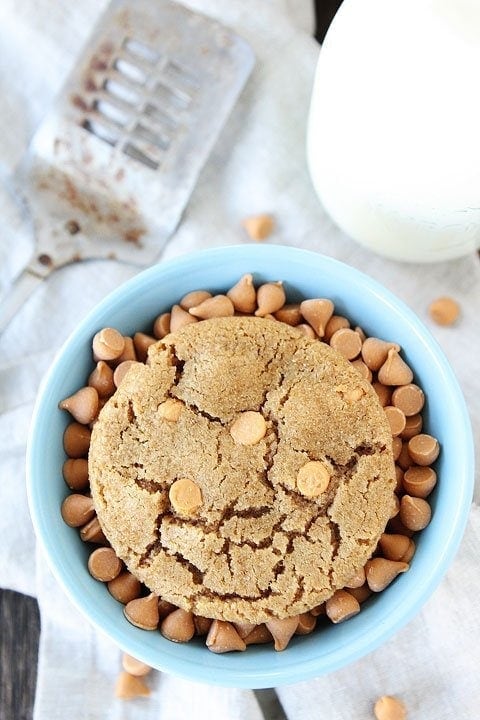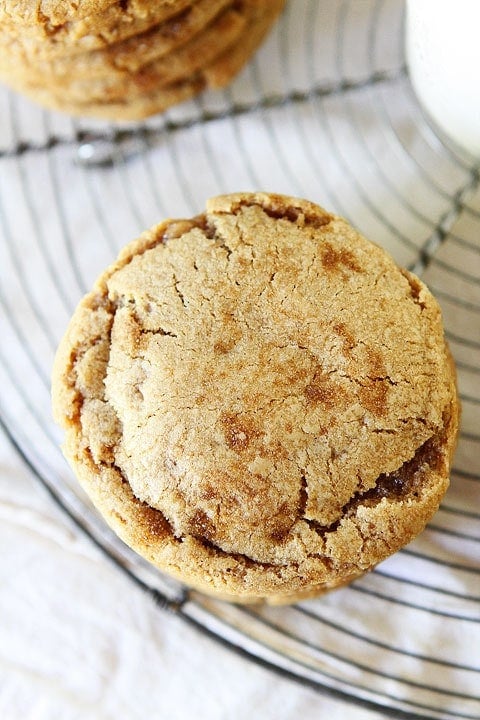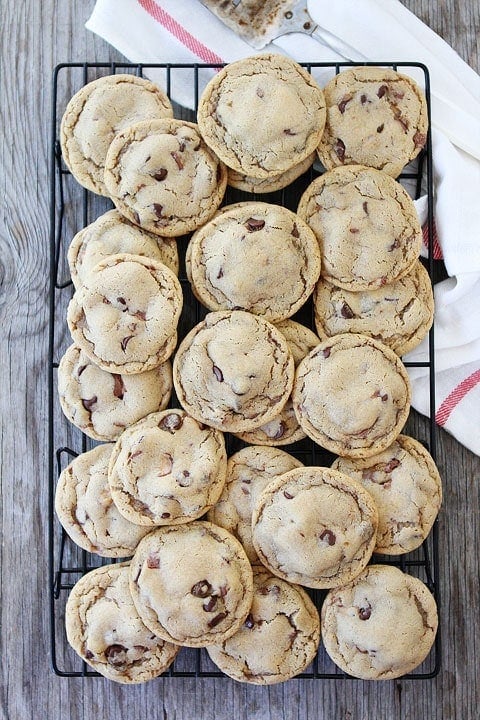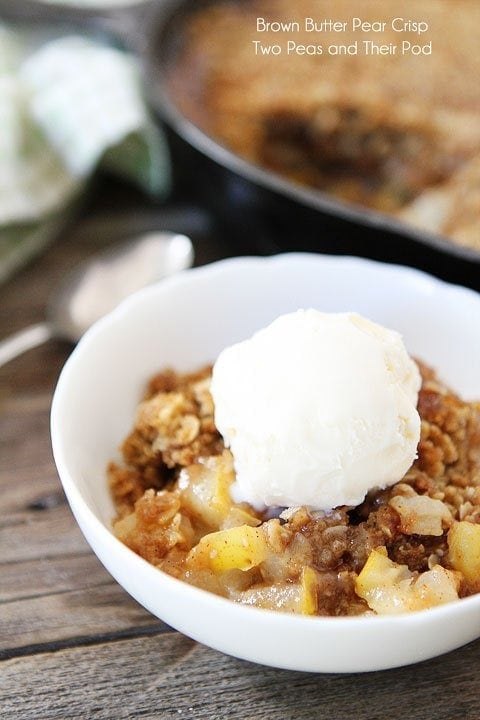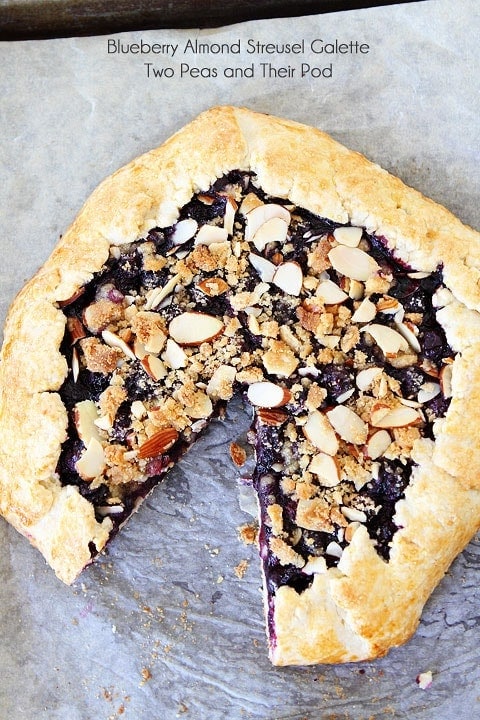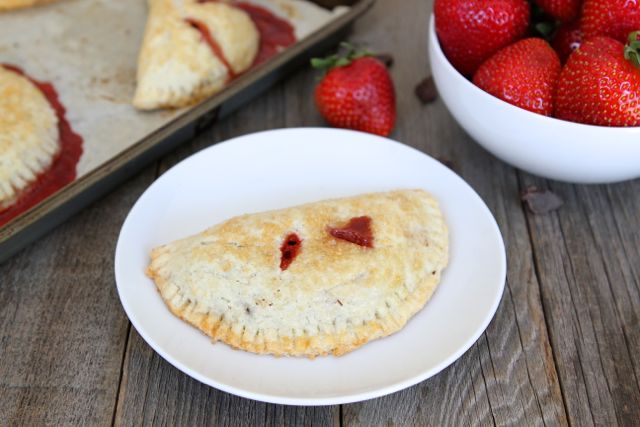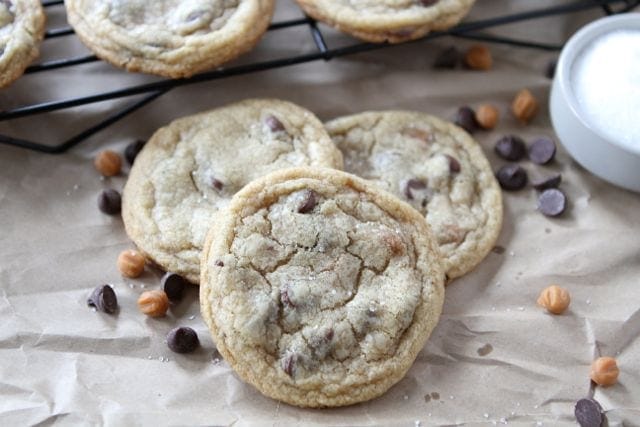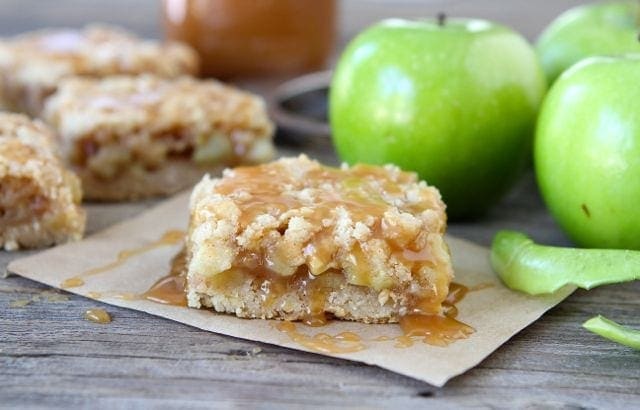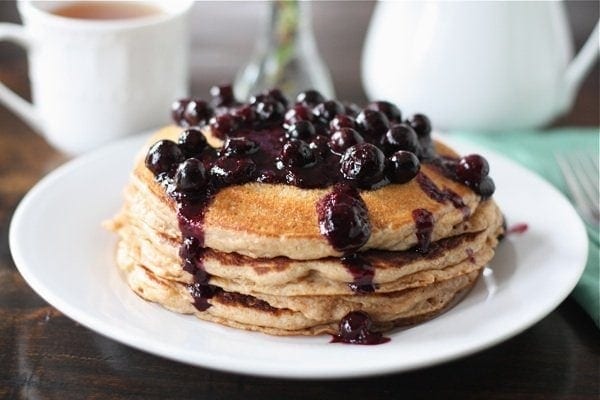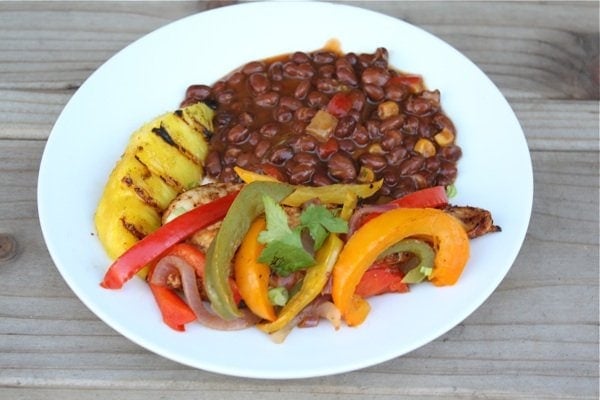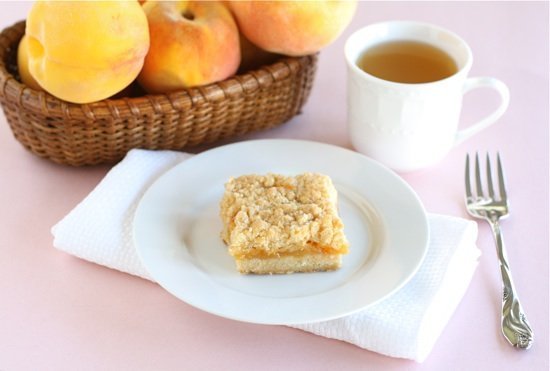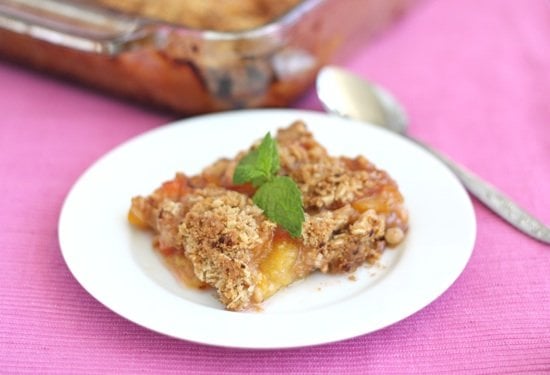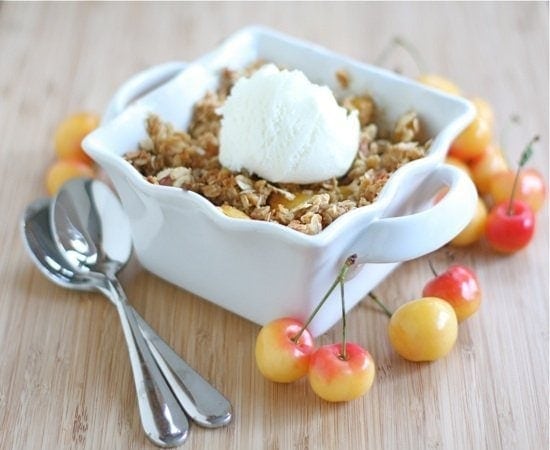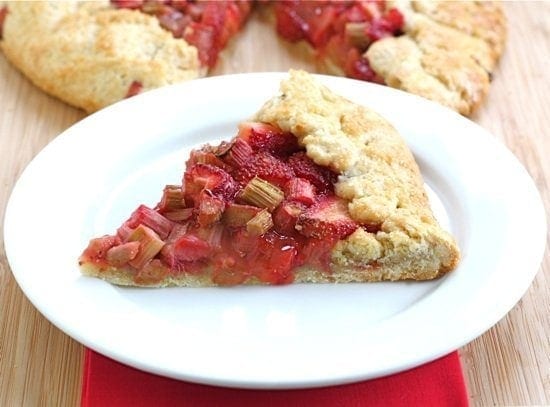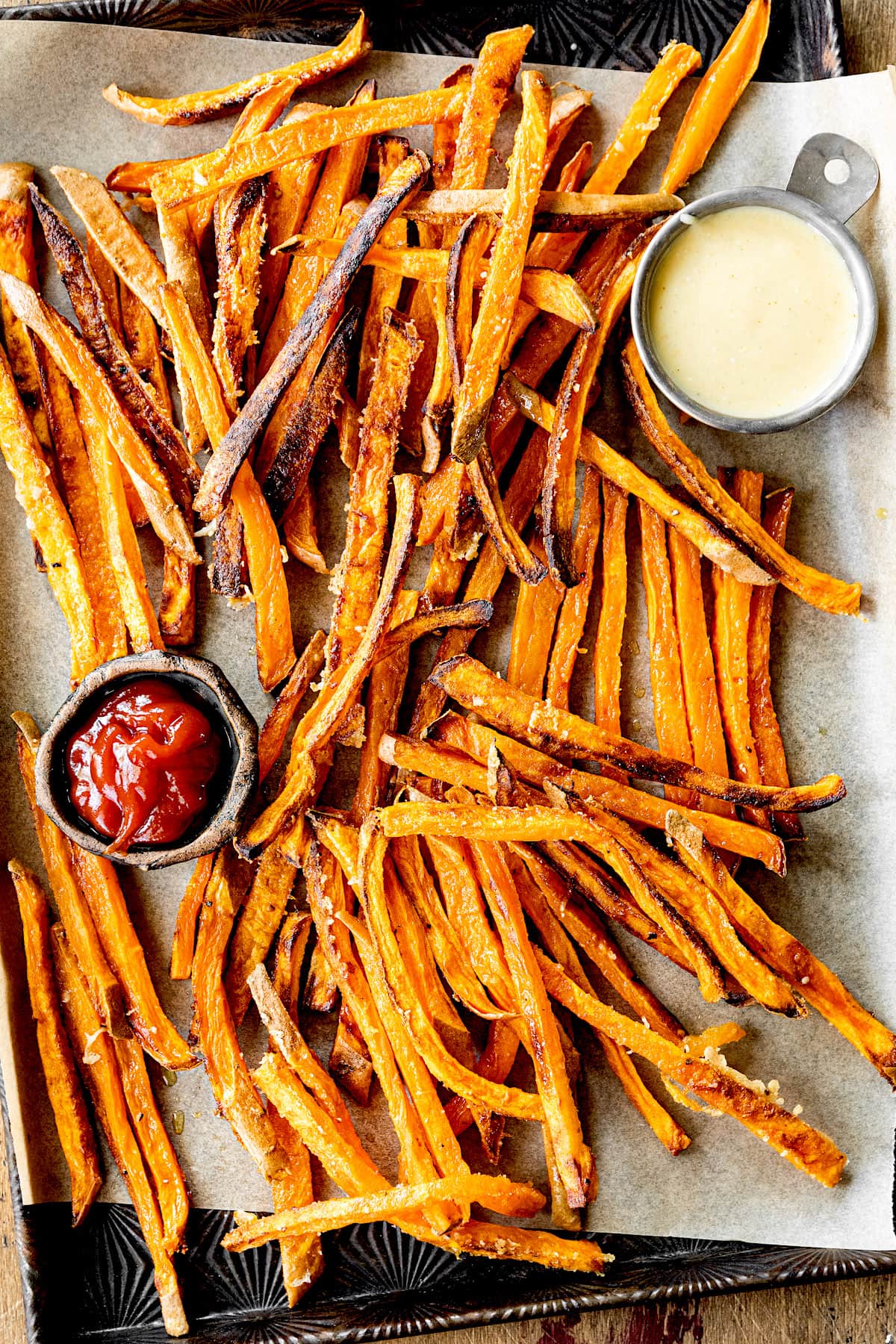Corn Starch: Important Facts, Health Benefits, and Recipes
Explore the origins, uses, health benefits, and storage tips of corn starch, a versatile gluten-free ingredient for cooking and baking, with our ultimate guide.
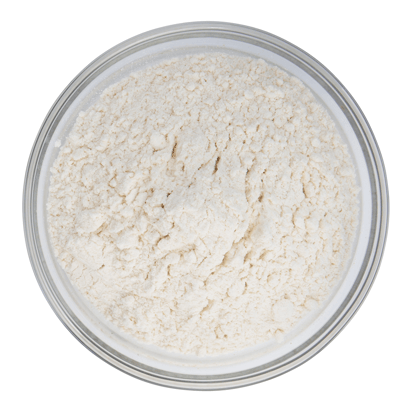
Nutritional Facts
1 cup
Amount per serving
Calories
487.7
Carbohydrates
116.8 g
Fat
0.1 g
Protein
0.3 g
Saturated Fat
0 g
Sodium
11.5 mg
Fiber
1.2 g
Sugar
0 g
Best Corn Starch Recipes
-
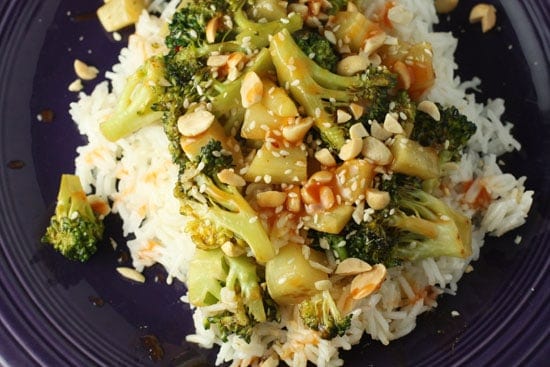
-

-
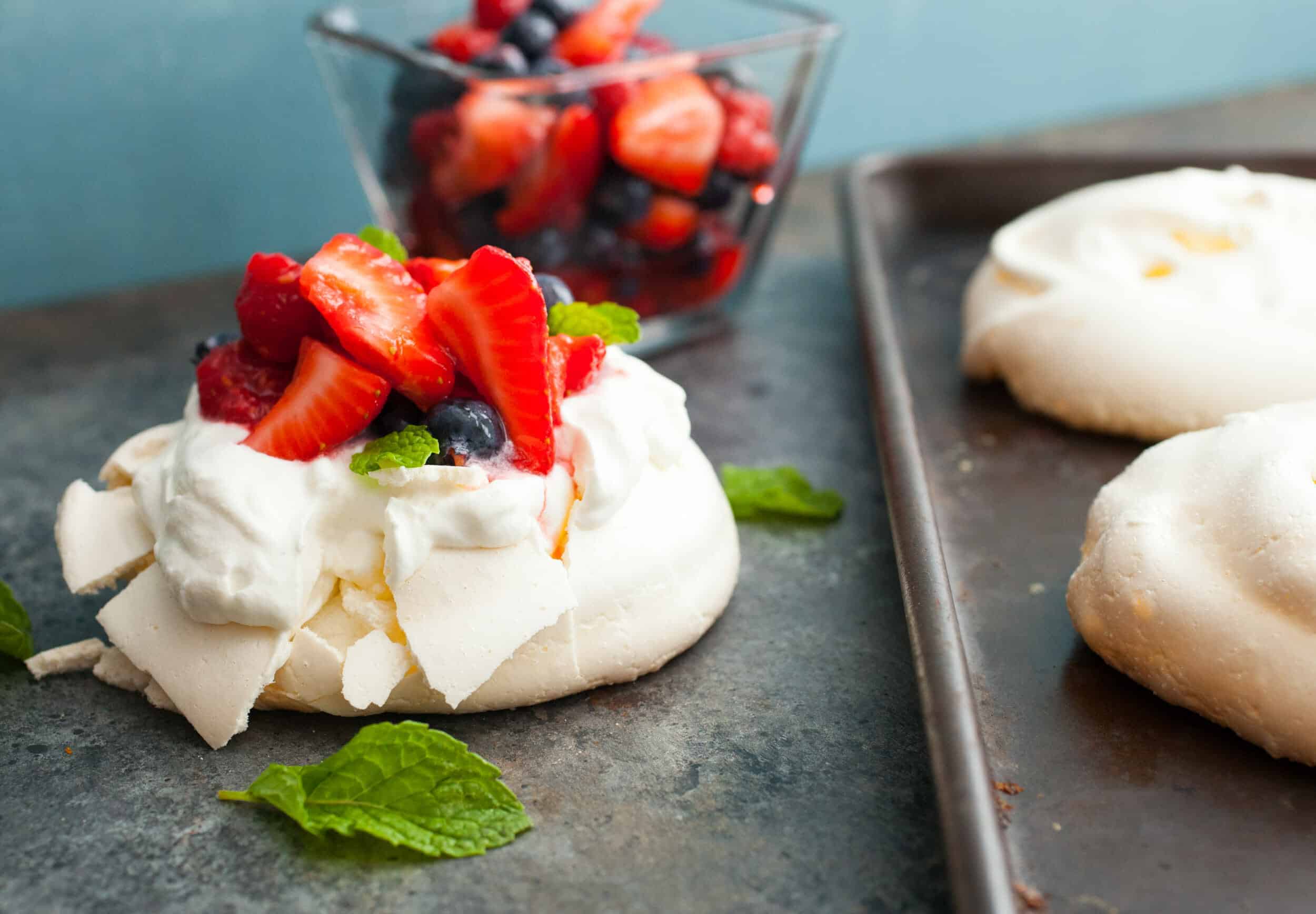
-
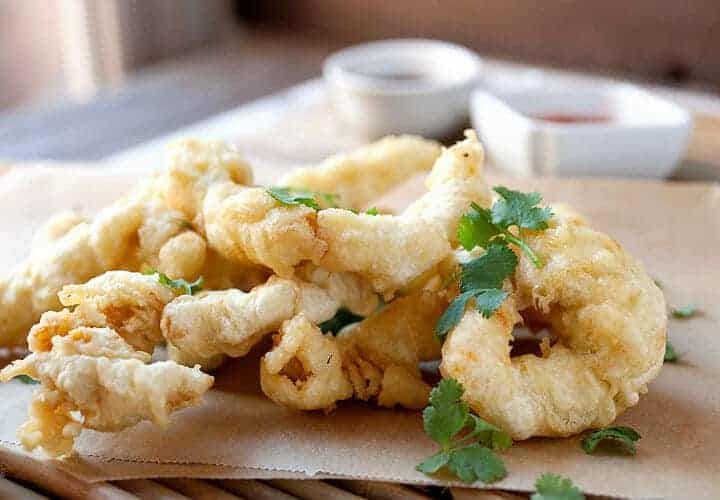
-
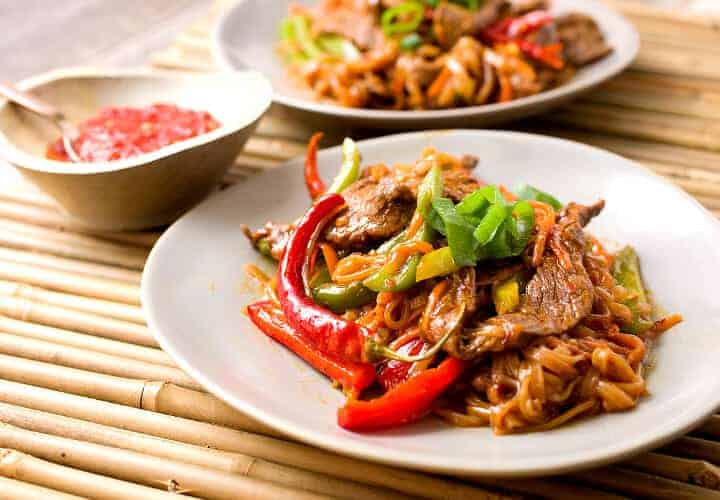
-

-
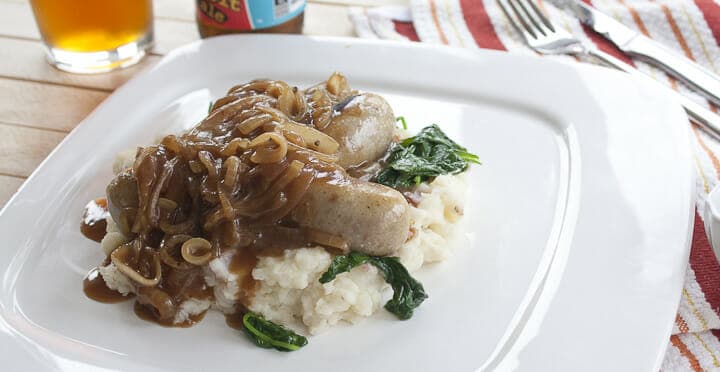
-
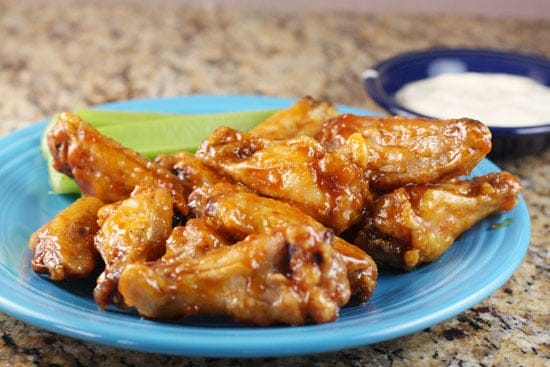
-
![Fudgy Blueberry Brownies Image]()
-
![Vanilla Cream Long Johns Image]()
-
![Hot and Sour Soup Image]()
-
![Peach Pie Image]()
-
![Strawberry Rhubarb Cobbler Image]()
-
![Funfetti Cookies Image]()
-
![Honey Sesame Chicken {Instant Pot} Image]()
-
![Lemon Ricotta Pancakes with Blueberry Sauce Image]()
-
![Peach Raspberry Crumb Bars Image]()
-
![Blueberry Cobbler Image]()
-
![Asian Chicken and Vegetable Foil Packets Image]()
-
![Easy Chicken Zucchini Noodle Stir Fry Image]()
-
![Raspberry Sweet Rolls Image]()
-
![Peach Crisp Image]()
-
![Skillet Chocolate Chip Cookie Image]()
-
![Easy Chickpea Vegetable Stir Fry Image]()
-
![Brown Butter Toffee Chocolate Chunk Cookies Image]()
-
![Rhubarb Berry Crisp Image]()
-
![Spring Vegetable Stir Fry with Lemon Ginger Sauce Image]()
-
![Brown Sugar Butterscotch Cookies Image]()
-
![Brown Sugar Toffee Cookies Image]()
-
![Malted Chocolate Chip Whoppers Cookies Image]()
-
![Brown Butter Pear Crisp Image]()
-
![Mini M&M'S® Cookies Image]()
-
![Blueberry Almond Streusel Galette Image]()
-
![Strawberry Dark Chocolate Hand Pies Image]()
-
![Salted Caramel Chocolate Chip Cookies Image]()
-
![Salted Caramel Apple Crumb Bars Image]()
-
![Red, White & Blue Funfetti Sandwich Cookies Image]()
-
![Whole Wheat Kefir Pancakes with Blueberry Sauce Image]()
-
![Grilled Fajita Chicken Image]()
-
![Peach Crumb Bars Image]()
-
![Double-Crusted Plum Crisp Image]()
-
![Cherry Rhubarb Crisp Image]()
-
![Strawberry Rhubarb Galette Image]()
-
![Hunan Chicken with Chow Mein Noodles and Vegetables Image]()
-
![Baked Sweet Potato Fries Image]()
-
![Instant Pot Orange Chicken Lettuce Wraps Image]()
-
![Ramen Noodles with Marinated Steak and Broccoli Image]()
-
![Creamy Chicken and Wild Rice Soup Image]()


